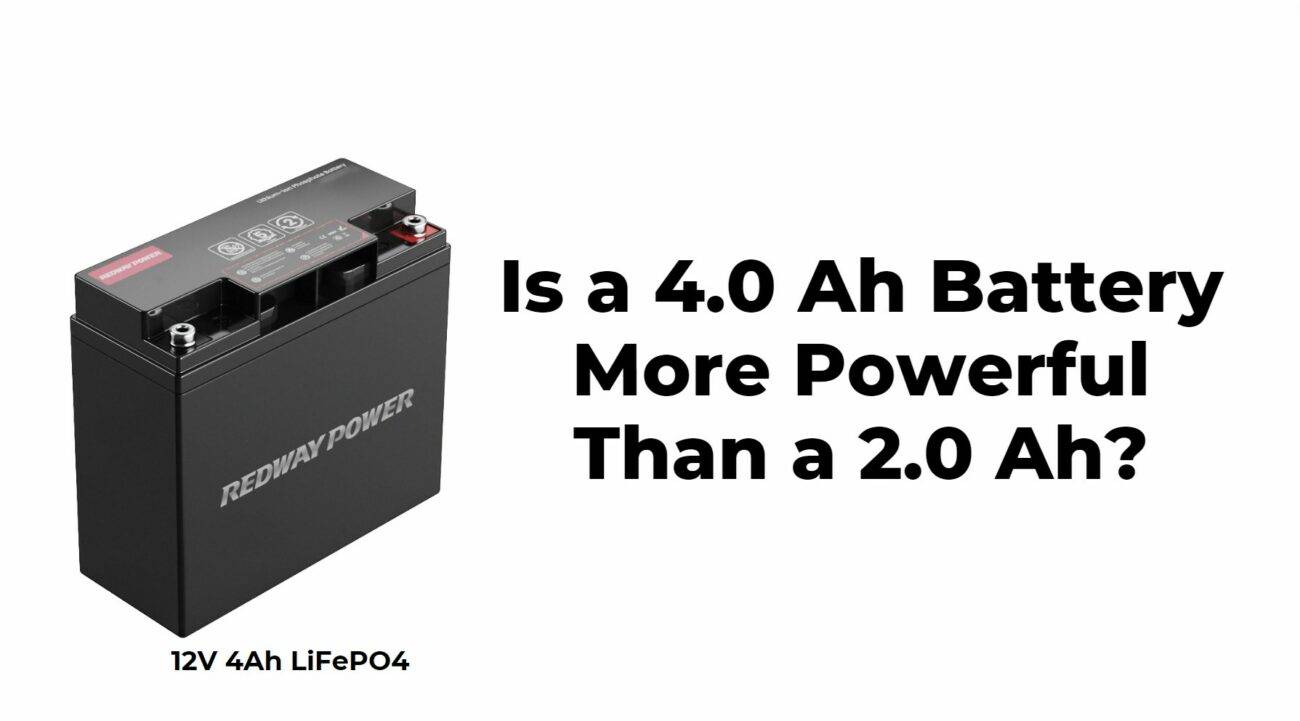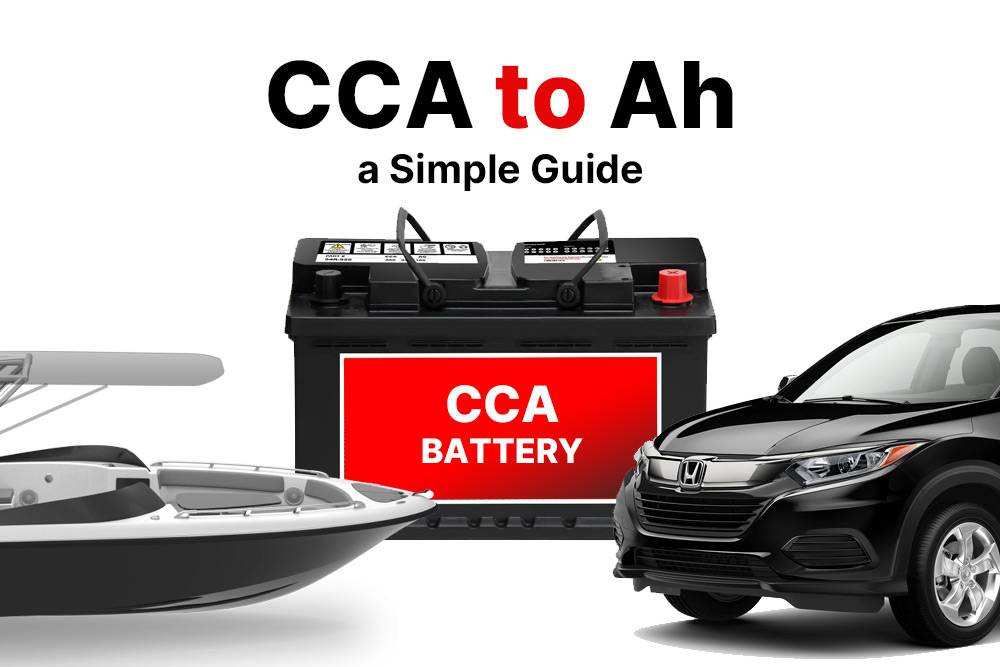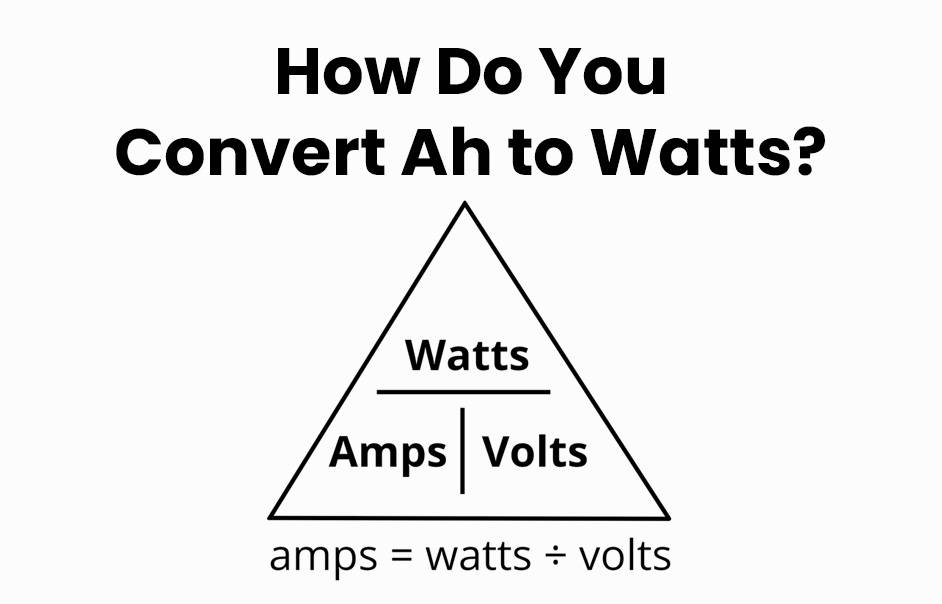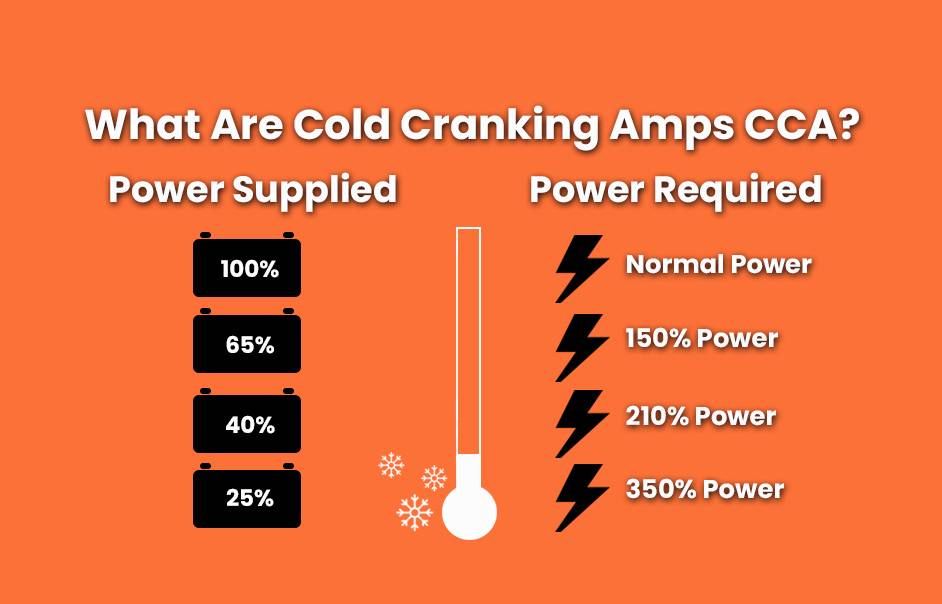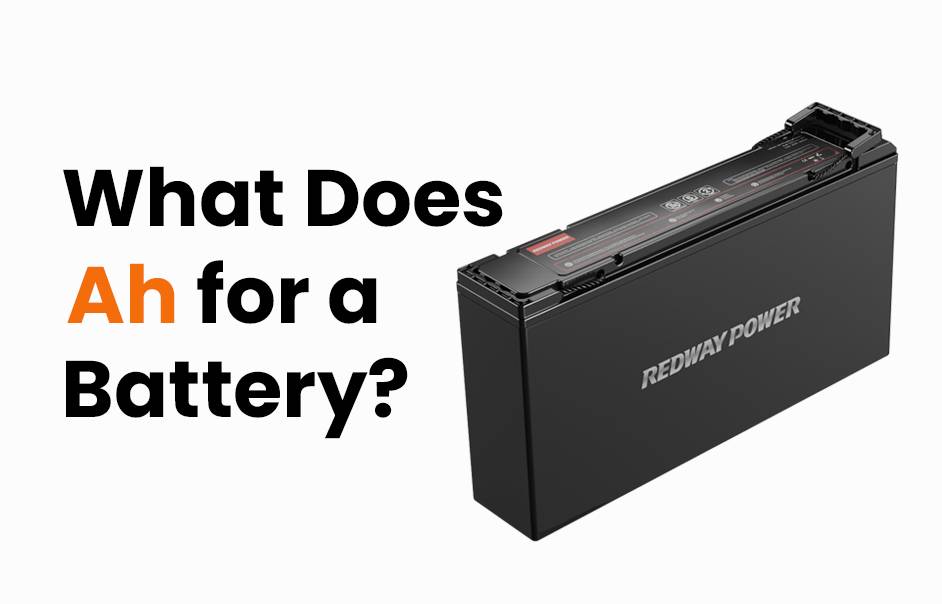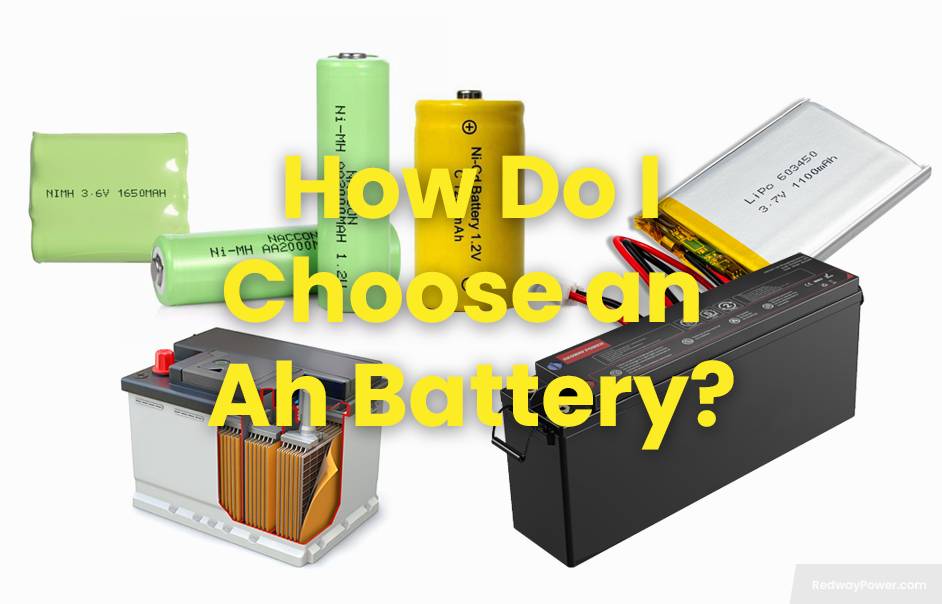- Lithium Golf Cart Battery
- Forklift Lithium Battery
-
48V
- 48V 210Ah
- 48V 300Ah
- 48V 420Ah (949 x 349 x 569 mm)
- 48V 420Ah (950 x 421 x 450 mm)
- 48V 456Ah
- 48V 460Ah (830 x 630 x 590 mm)
- 48V 460Ah (950 x 421 x 450 mm)
- 48V 460Ah (800 x 630 x 600 mm)
- 48V 460Ah (820 x 660 x 470 mm)
- 48V 500Ah
- 48V 560Ah (810 x 630 x 600 mm)
- 48V 560Ah (950 x 592 x 450 mm)
- 48V 600Ah
- 48V 630Ah
-
48V
- 12V Lithium Battery
12V 150Ah Lithium RV Battery
Bluetooth App | BCI Group 31
LiFePO4 Lithium
Discharge Temperature -20°C ~ 65°C
Fast Charger 14.6V 50A
Solar MPPT Charging - 24V Lithium Battery
- 36V Lithium Battery
- 48V Lithium Battery
-
48V LiFePO4 Battery
- 48V 50Ah
- 48V 50Ah (for Golf Carts)
- 48V 60Ah (8D)
- 48V 100Ah (8D)
- 48V 100Ah
- 48V 100Ah (Discharge 100A for Golf Carts)
- 48V 100Ah (Discharge 150A for Golf Carts)
- 48V 100Ah (Discharge 200A for Golf Carts)
- 48V 150Ah (for Golf Carts)
- 48V 160Ah (Discharge 100A for Golf Carts)
- 48V 160Ah (Discharge 160A for Golf Carts)
-
48V LiFePO4 Battery
- 60V Lithium Battery
-
60V LiFePO4 Battery
- 60V 20Ah
- 60V 30Ah
- 60V 50Ah
- 60V 50Ah (Small Size / Side Terminal)
- 60V 100Ah (for Electric Motocycle, Electric Scooter, LSV, AGV)
- 60V 100Ah (for Forklift, AGV, Electric Scooter, Sweeper)
- 60V 150Ah (E-Motocycle / E-Scooter / E-Tricycle / Tour LSV)
- 60V 200Ah (for Forklift, AGV, Electric Scooter, Sweeper)
-
60V LiFePO4 Battery
- 72V~96V Lithium Battery
- Rack-mounted Lithium Battery
- E-Bike Battery
- All-in-One Home-ESS
- Wall-mount Battery ESS
-
Home-ESS Lithium Battery PowerWall
- 24V 100Ah 2.4kWh PW24100-S PowerWall
- 48V 50Ah 2.4kWh PW4850-S PowerWall
- 48V 50Ah 2.56kWh PW5150-S PowerWall
- 48V 100Ah 5.12kWh PW51100-F PowerWall (IP65)
- 48V 100Ah 5.12kWh PW51100-S PowerWall
- 48V 100Ah 5.12kWh PW51100-H PowerWall
- 48V 200Ah 10kWh PW51200-H PowerWall
- 48V 300Ah 15kWh PW51300-H PowerWall
PowerWall 51.2V 100Ah LiFePO4 Lithium Battery
Highly popular in Asia and Eastern Europe.
CE Certification | Home-ESS -
Home-ESS Lithium Battery PowerWall
- Portable Power Stations
What Does 6.0 Ah Mean on a Lithium Battery?

The “6.0 Ah” rating on a lithium battery indicates its capacity to store and deliver electrical energy. Specifically, it means the battery can provide 6 amps of current for one hour or 1 amp for six hours before needing a recharge. This measurement is crucial for understanding how long devices can operate on a single charge.{start article}Understanding Battery CapacityBattery capacity is measured in amp-hours (Ah), which quantifies the total charge a battery can hold and deliver over time. A 6.0 Ah lithium battery can theoretically supply 6 amps for one hour, making it suitable for devices that require moderate power levels. This capacity affects how long devices can run before needing to be recharged.
How Does Amp-Hour Rating Affect Battery Performance?
The amp-hour rating directly impacts the performance and runtime of devices powered by the battery. A higher amp-hour rating means longer usage time before the battery needs recharging, which is essential for applications requiring extended runtimes, such as electric vehicles, power tools, and portable electronics.
| Battery Capacity | Current (A) | Runtime (Hours) |
|---|---|---|
| 6.0 Ah | 6 | 1 |
| 6.0 Ah | 3 | 2 |
| 6.0 Ah | 1 | 6 |
Why Is Knowing the Amp-Hour Rating Important?
- Device Compatibility: Knowing the amp-hour rating helps users choose batteries compatible with their devices.
- Runtime Estimation: It allows users to estimate how long their devices will run on a single charge.
- Energy Management: Understanding capacity helps in planning energy use effectively, especially in critical applications.
What Are the Benefits of Using a Lithium Battery with a 6.0 Ah Rating?
Lithium batteries with a 6.0 Ah rating offer several advantages:
- Lightweight and Compact: Lithium batteries are generally lighter than other types, making them ideal for portable applications.
- Higher Energy Density: They can store more energy relative to their size compared to lead-acid or nickel-cadmium batteries.
- Longer Lifespan: Lithium batteries tend to have longer cycle lives, providing more charge-discharge cycles before performance degrades.
How Do Temperature and Usage Affect Battery Life?
Temperature and usage patterns significantly influence battery life:
- High Temperatures: Can increase the risk of overheating and may reduce lifespan.
- Low Temperatures: Can decrease capacity temporarily, leading to shorter runtimes.
- Usage Patterns: Frequent deep discharges can shorten a battery’s overall lifespan compared to shallow discharges.
Odd Cells inside this battery. is this a legit 6.0ah battery 🤔🤷🏼♂️
What Are Common Applications for 6.0 Ah Lithium Batteries?
- Electric Vehicles: Used in electric bikes and scooters where weight and space are critical.
- Power Tools: Common in cordless drills and saws that require sustained power output.
- Consumer Electronics: Suitable for laptops, tablets, and other portable devices needing reliable power.
Industrial News
Recent developments in lithium battery technology focus on enhancing energy density and charging speed while reducing costs. Companies are exploring solid-state batteries as potential successors to traditional lithium-ion technology, promising improved safety and efficiency. Innovations in recycling processes are also gaining attention, aiming to make lithium battery production more sustainable.
Redway Power Views
“Understanding battery specifications like amp-hour ratings is essential for anyone using rechargeable batteries,” states an expert from Redway Power. “As technology evolves, we expect further advancements that will enhance battery performance and sustainability, making it easier for consumers to select the right products.”
FAQ Section
Q: What does “Ah” mean in batteries?
A: “Ah” stands for amp-hour, which measures how much current a battery can deliver over time.Q: How long will a 6.0 Ah battery last?
A: A 6.0 Ah battery can last for up to six hours if used at a rate of one amp.Q: Are lithium batteries better than lead-acid batteries?
A: Yes, lithium batteries generally offer higher energy density, longer lifespan, and lighter weight compared to lead-acid batteries.














